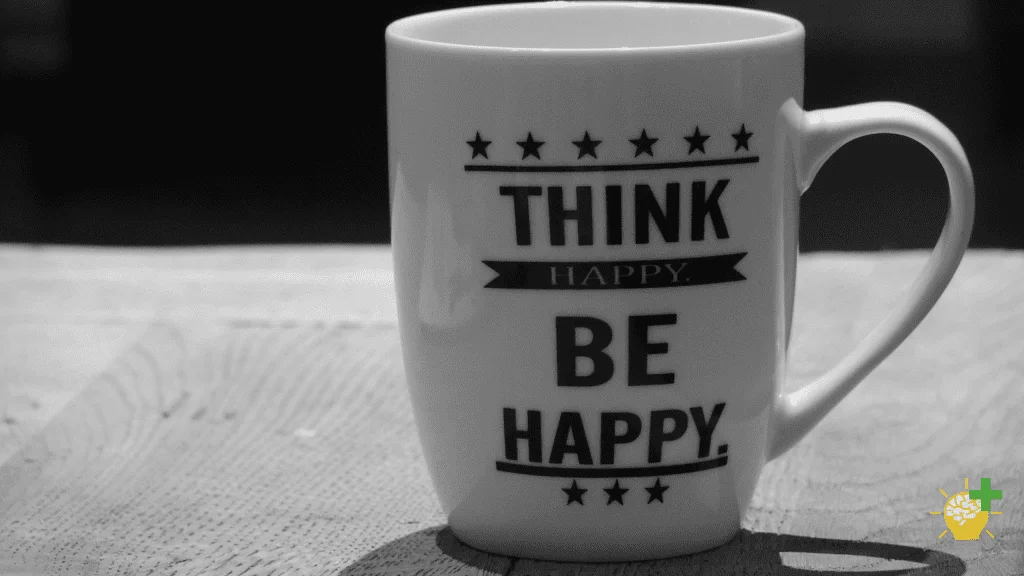In our quest to be more accountable, many of us tend to beat ourselves up and live with the burden of wrongdoing.
Indeed, every successful person must cultivate self-accountability, but there’s a world of difference between accepting responsibility for your actions and berating yourself for every slip-up.
How do you tell the difference, though?
At what point does accountability end, and where does blame start? How does owning up to your mistakes differ from blaming yourself?
First off, blame is easy ― just about anyone can take the fall for mistakes, whether or not they are guilty.
However, if you’re always living with guilt, you might want to reconsider your definition of accountability.
To help you in this regard, this blame vs accountability comparison will explain the major differences between the two and their impact on your quality of life.
Blame vs Accountability: 4 Major Differences

Many people use blame and accountability interchangeably, but confusing the two can lead to living with unnecessary burdens.
In a nutshell, blame means wrongly assigning responsibility. It is condemning yourself without considering the human factor.
No one is perfect, no matter how good they are. But self-blame holds you to unrealistic standards.
Although your intention is to genuinely be responsible, self-blame doesn’t give room for righting your wrongs.
For this reason, it is crucial to learn what true accountability is to enable you properly channel your intentions and eradicate or at least reduce blame as much as possible. Here are three major ways to differentiate the two.
1. Perfectionism vs Showing Understanding for Human Nature
When you blame yourself, you are holding yourself to impossible standards. The result is often a feeling of unworthiness because it is difficult to be truly happy when you have incredibly high expectations of yourself.
It doesn’t feel good when you tell yourself things like:
- “You should have known better.”
- “You should have done better.”
- “You shouldn’t have messed up!”
That’s because these admonitions are rooted in perfectionism and don’t acknowledge human flaws. When you are focused on the blame game or blame culture, you are unkind to yourself and knock yourself down, even for trivial mistakes.
Clear accountability is taking personal responsibility for your actions while remembering that you are human and bound to make mistakes. You make amends and do the right thing with a firm belief in your worthiness, regardless of your flaws.
When you take personal responsibility, you show yourself compassion, knowing that mistakes are part of growth.
However, you don’t dwell on the mistake and create individual blame. Instead of punishment for messing up, you forgive yourself for your wrongdoing.
Accountability means a determination not to repeat the same mistakes while being patient with yourself as you assess the past and learn to improve.
2. Fear-Based Behavior vs Courageous Actions
Perhaps the biggest difference when comparing blame vs accountability is how they make you feel.
Blame and finger pointing perpetuates fear!
You are buying into blame anytime you feel undeserving of forgiveness or fear that you’re not good enough.
On the flip side, accountability gives you the courage to take responsibility for your actions. It increases your self-confidence because you know you are doing your best to right whatever wrong you’ve done.
While blame makes you feel immoral or shameful, accountability helps you heal from past mistakes.
Here are two self-refection questions I recommend you ask yourself each time you contemplate something you’ve done wrong:
- “Am I letting this mistake define my entire existence?”
Blameful thoughts focus on the shame you feel around your mistakes, so they blind you to the path of redemption, continue to overpower you and make you feel you are your mistakes.
For example, blame can make you label yourself unfaithful because you cheated on your partner in the past. It allows the memory of that wrongdoing to haunt you and prevents you from enjoying your current relationship.
- “Does this thought feel like recovery or lingering fear?”
Recovery and healing from past wounds don’t feel like unworthiness and inadequacy. Here’s a clear sign that you’re living in continuous fear: it feels like you’re drowning in self-condemnation and shame whenever you think of a mistake in your past.
3. Stuck in the Past vs Moving Forward
Blame is debilitating ― it holds you hostage to past pains, so you can’t grow beyond your mistakes, no matter how hard you try. And because blame forces you to replay, relive, and dwell on regretful memories, you are stuck in anxious thoughts and a feeling of constant guilt and shame.
It is difficult to forgive yourself and move forward when you live with this mindset.
In other words, self-blame makes it nearly impossible to process, move through, and release your pain and discomfort.
But that’s not all.
Since blame makes self-forgiveness difficult, it becomes hard to see the possibility of transformation.
This is why many people caught in the trap of self-blame often assume they will always make poor choices and behave in detrimental ways.
It is hard to create the life you truly want and deserve if you allow your mind to be ruled by this type of thinking.
Accountability encourages the opposite; it allows you to acknowledge your struggles and pains while working to improve yourself.
To be clear, taking responsibility doesn’t justify past wrongdoings. Also, it doesn’t exempt you from taking an honest inventory of your beliefs and actions.
If anything, accountability or taking responsibility means you are courageous enough to do the self-exploration and self-assessment work that will enable you to make positive changes.
This is where many people confuse blame with accountability.
They assume that self-assessment is the same as self-criticism. They buy into the belief that you should suffer extensively for your mistakes before moving past them.
The problem with this belief is that dwelling on past mistakes doesn’t allow anyone to move forward. And yes, you can be remorseful and regret your wrong actions without beating yourself up!
4. Shaming vs Empowering
No matter how cleverly worded, blameful thoughts seek to shame and make you feel unworthy because blame focuses on past wrongs.
On the other hand, accountability directs your attention to the future ― focusing on how to make things better. This thinking pattern is empowering as you learn to improve moving forward (rather than being stuck in guilt and shame).
Here’s what shaming looks like when you have blameful thoughts:
- I flunked the test, and now I’ll never get into grad school
- My marriage is on the rocks. I must be a terrible husband/wife
- My health is declining because of my alcoholism. I guess I’m doomed to behave this way
Accountability sees the same situations a bit differently ― in a more empowering light. For example:
- Gosh, I flunked that test! I’ll join a study group or take extra classes and then give it another try
- Things aren’t going quite well in my marriage. Let me have an honest and open conversation with my partner to figure out what’s causing the problem and how we can tackle it together
- I’m slipping back into alcoholism, and it is affecting my health. I guess it’s time to seek professional help as well as support from my family and friends
Bottom line: blame shames you, while accountability empowers you.
Ditch Blame, Choose Accountability
Past mistakes can sabotage your future progress unless you find a way to nip blame in the bud by understanding how it differs from accountability.
Hopefully, this blame vs accountability comparison has helped you with you that.
Stop holding yourself back and defining your entire existence based on your mistakes. Instead, acknowledge your errors, learn ways to correct them, process the pain and guilt, and move on.
That’s how to live your best life!




